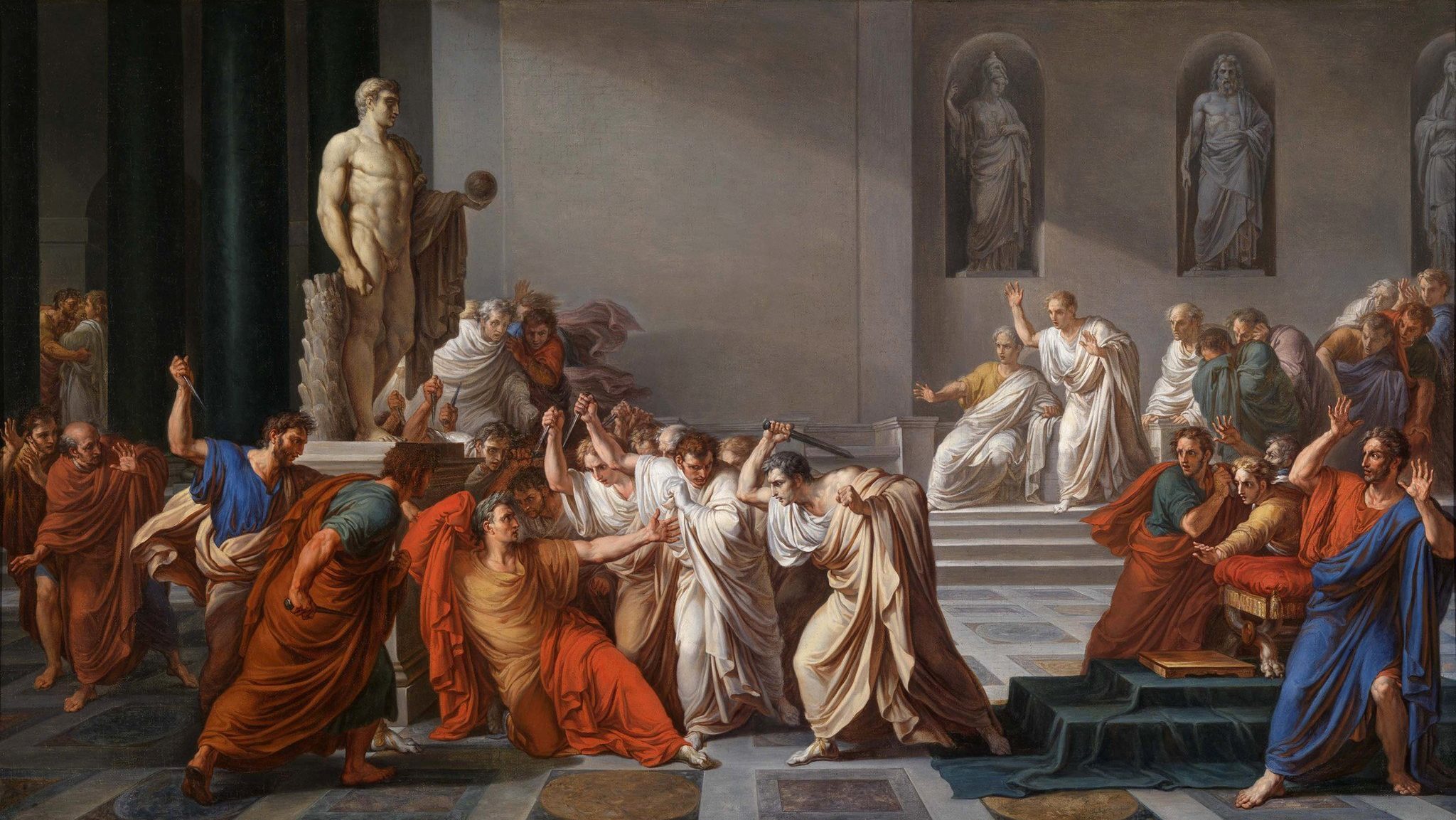
Shakespeare’s Julius Caesar:
Part II, Regicide
The second in a three-part series exploring Shakespeare’s engagement with pagan/Roman morality in Julius Caesar, this essay looks at the ethics of regicide.

The second in a three-part series exploring Shakespeare’s engagement with pagan/Roman morality in Julius Caesar, this essay looks at the ethics of regicide.

The first in a three-part series exploring Shakespeare’s engagement with pagan/Roman morality in Julius Caesar, this essay focuses on the character of Caesar himself.

For Archbishop Welby, confirming traditional moral teaching is not a question of truth, but of practicality and prudential policy— considerably diminishing the moral significance of his letter.

Chinese scientists have developed a robotic ‘nanny’ to care for an artificial womb. They assert that this robotic method will be more efficient than natural pregnancy, and sociologists hope that it will also solve the problem of plummeting birth rates in China.

Over time, as artificial intelligence gets more entrenched in the realm of moral decision-making, it is entirely possible that the AI’s used for those decisions become standardized. But is this desirable? The answer has less to do with the form under which the decision is made—an algorithm or a human brain—and more with what moral values the decision maker applies to the problem.

Byung-Chul Han draws attention to the value of things which have been the subject of neglect and indeed vilification for three hundred years in the West: inherited loyalties, roles, and customs.

We need stories. It is not enough to have a conception of virtue; we need to witness a virtuous person. It is not enough to know truths; we need truths embodied, for embodied are we.